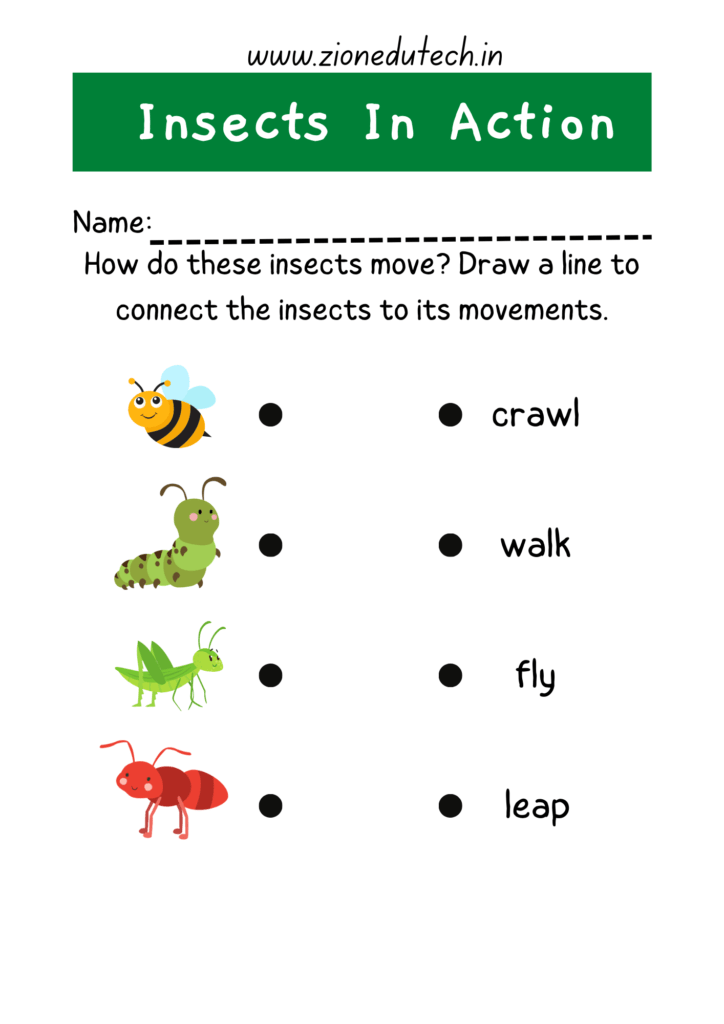Why Science is Important for Kindergarten Kids :2024 Guide
Kindergarten Science Worksheets- Science education for kindergarten children plays an indispensable role in their overall development, serving as a fundamental building block for future learning and cognitive growth. At this early stage of education, children are naturally curious and have an innate desire to explore the world around them. Incorporating science into their curriculum can significantly enhance their intellectual, social, and emotional development, laying a strong foundation for lifelong learning. This article delves into the technical aspects of why science is essential for kindergarten children and the profound impact it has on their growth.
Kindergarten Science Worksheets

Vegetables Facts
Cognitive Development through Inquiry-Based Learning
Science education in kindergarten leverages inquiry-based learning, a pedagogical approach that encourages children to ask questions, investigate, and draw conclusions. This method aligns with the natural curiosity of young children, promoting critical thinking and problem-solving skills. By engaging in hands-on activities and experiments, children develop the ability to hypothesize, observe, and analyze results. For instance, when children plant seeds and observe their growth, they learn about the biological processes of germination and photosynthesis, fostering an understanding of cause-and-effect relationships.
Development of Scientific Literacy
Introducing scientific concepts early helps in building scientific literacy, which is crucial in today’s technology-driven society. Kindergarten science education covers basic concepts such as the properties of materials, simple physical phenomena, and the characteristics of living things. These foundational topics are critical as they prepare children for more advanced scientific learning in later years. Understanding basic principles of science enables children to comprehend and engage with the world around them in an informed manner.
Enhancement of Language and Communication Skills
Science activities in kindergarten also significantly enhance language and communication skills. As children engage in scientific exploration, they learn to articulate their observations and findings. This process involves using specific scientific vocabulary and descriptive language, which enriches their linguistic capabilities. Additionally, discussing experiments and observations with peers and teachers fosters effective communication skills. For example, describing the texture, color, and changes observed in a growing plant helps children practice precise and detailed communication.
Encouragement of Collaborative Learning
Science education often involves collaborative activities, which are crucial for developing social skills. Working together on experiments or projects teaches children the importance of teamwork, cooperation, and sharing. These collaborative experiences are vital for social and emotional development, as they help children learn to negotiate, communicate, and empathize with others. For instance, when children work in groups to build a simple structure using different materials, they learn to listen to each other’s ideas and contribute constructively.
Stimulation of Fine Motor Skills
Engaging in hands-on science activities also promotes the development of fine motor skills. Manipulating tools and materials such as magnifying glasses, tweezers, and measuring cups requires dexterity and coordination. These activities help strengthen the small muscles in children’s hands and fingers, which are essential for tasks such as writing and drawing. For example, conducting a simple experiment where children mix ingredients to create a reaction not only teaches them about chemical changes but also hones their motor skills.
Fostering a Growth Mindset
Introducing science in kindergarten encourages a growth mindset by teaching children that mistakes and failures are part of the learning process. Scientific exploration often involves trial and error, and children learn that perseverance and resilience are key to achieving successful outcomes. This mindset is crucial for their overall academic and personal growth. For example, when an experiment does not produce the expected results, children learn to analyze what went wrong, make adjustments, and try again, reinforcing the importance of persistence.
Preparation for Future STEM Learning
Early exposure to science lays the groundwork for future learning in STEM (science, technology, engineering, and mathematics) fields. By cultivating an interest in science from a young age, children are more likely to pursue STEM subjects in higher education and careers. The foundational knowledge and skills gained through kindergarten science education provide a springboard for more complex scientific and mathematical concepts encountered in later grades. For instance, understanding the basics of physical forces through simple experiments with magnets can lead to a deeper interest in physics.
Integration of Cross-Disciplinary Knowledge
Science education in kindergarten is inherently interdisciplinary, integrating knowledge from various subjects such as mathematics, language arts, and social studies. For example, measuring the growth of plants involves mathematical concepts like counting and comparing, while reading stories about famous scientists combines literacy with scientific learning. This interdisciplinary approach enriches the educational experience and provides children with a well-rounded understanding of how different areas of knowledge are interconnected.
In conclusion, science education is a critical component of kindergarten learning, providing numerous benefits that extend beyond the classroom. By fostering cognitive development, enhancing language skills, promoting social and emotional growth, and preparing children for future STEM learning, science lays a robust foundation for lifelong intellectual and personal development. Integrating science into early childhood education ensures that children are equipped with the skills and knowledge necessary to navigate and understand the increasingly complex world around them.
Human Body Worksheets
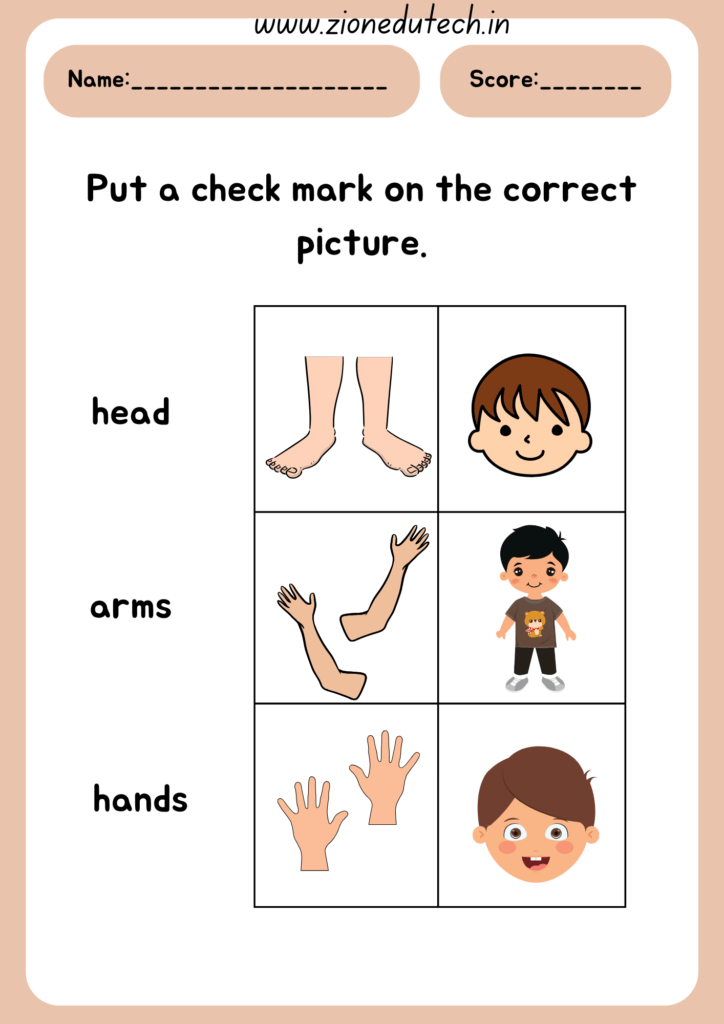
Body Parts Brown Illustrative Science Worksheet
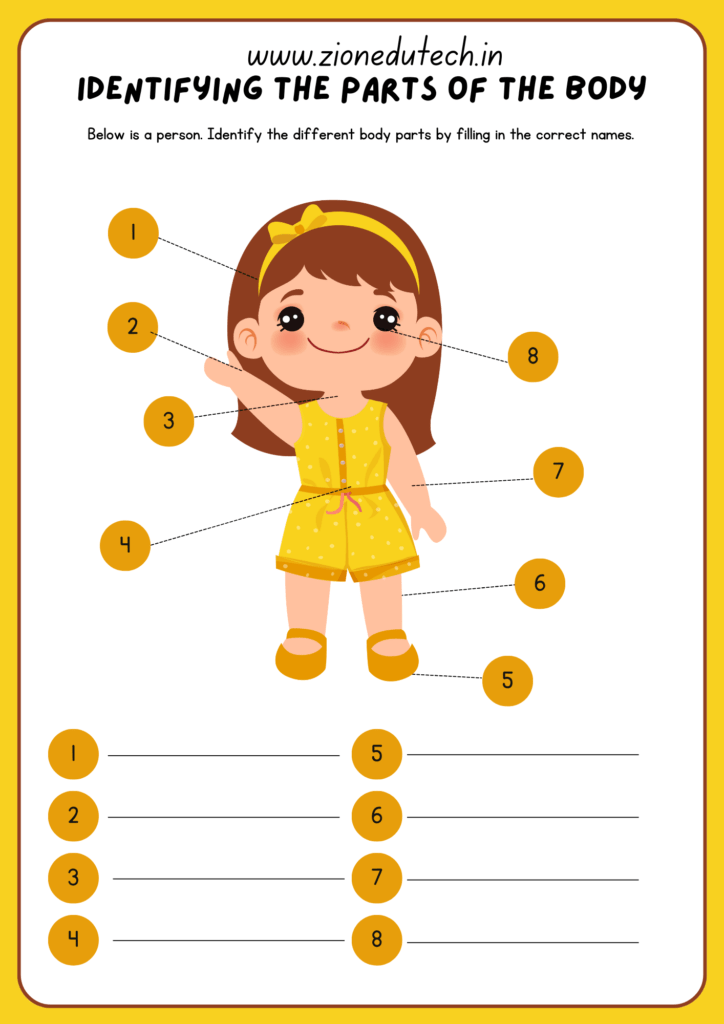
Parts of the Body Printable Worksheet in Yellow White
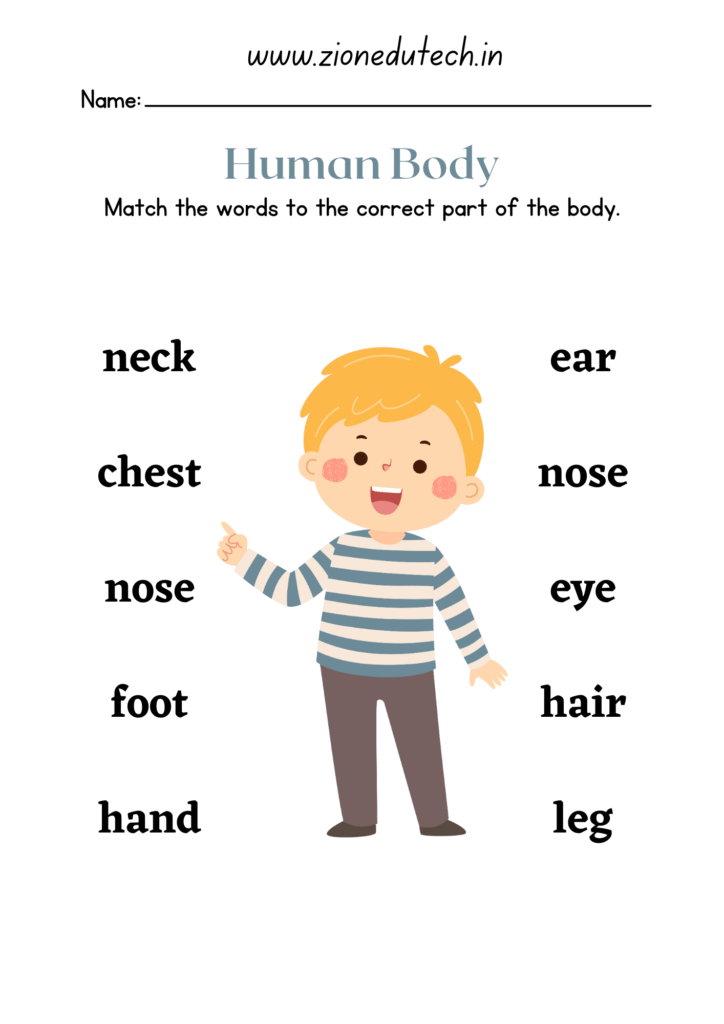
Colorful Fun Human Body Identification Science Worksheet
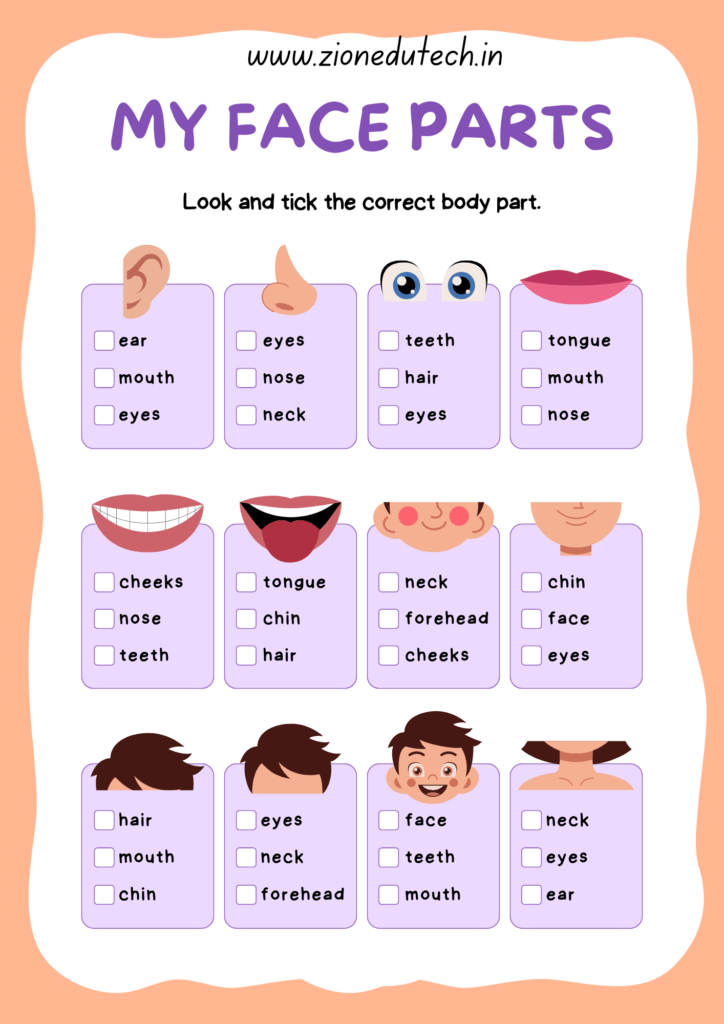
Parts of Face Kindergarten Science Worksheet
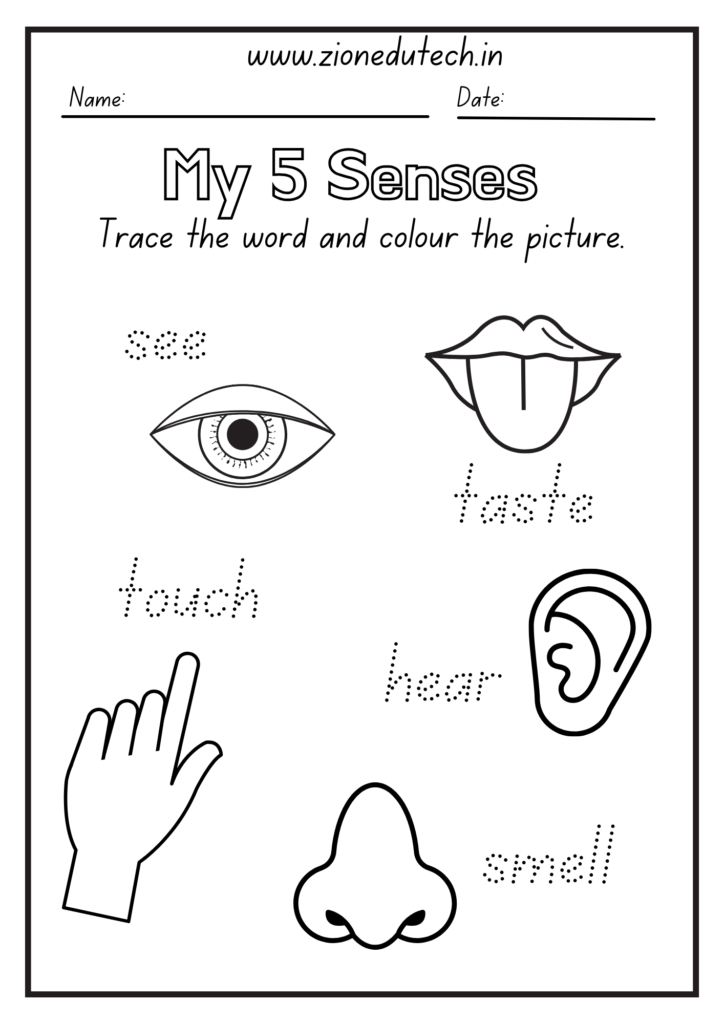
Five Senses Science Worksheet
Observing Insects- Kindergarten Science Worksheets
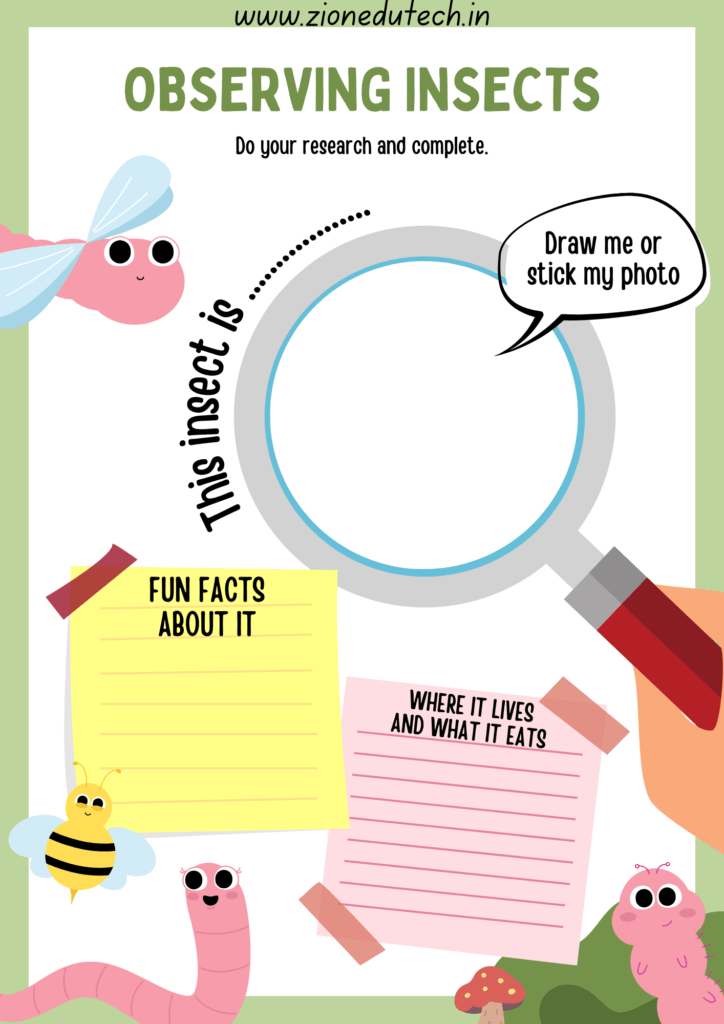
Observing Insects- Colorful Insect Kindergarten Science Worksheet
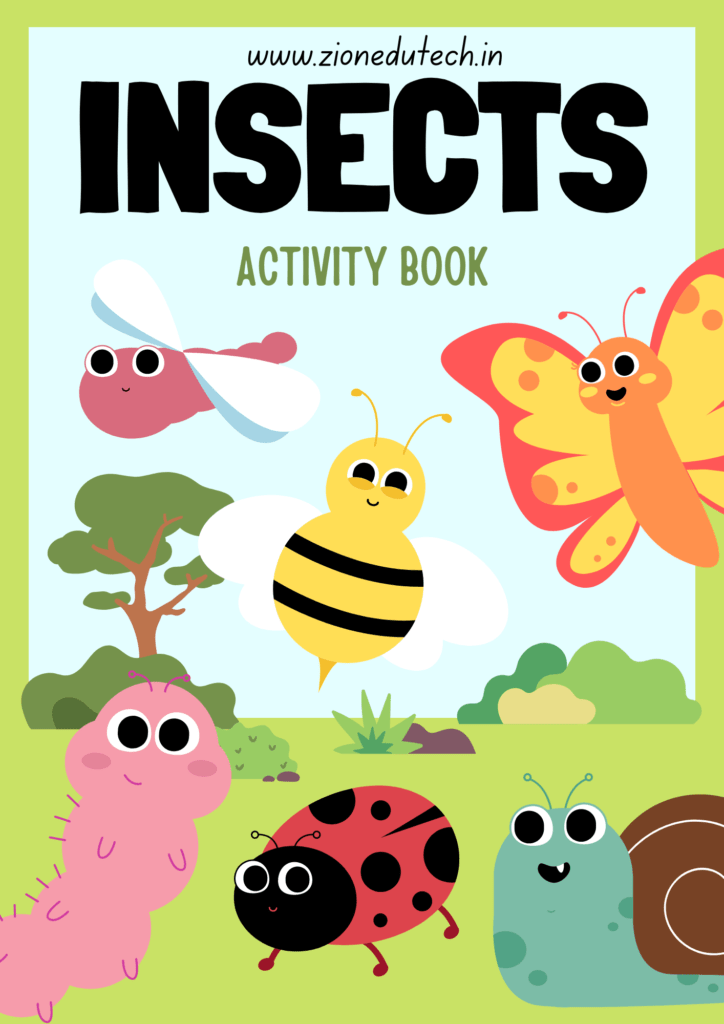
Book of Insects-Activity Book
